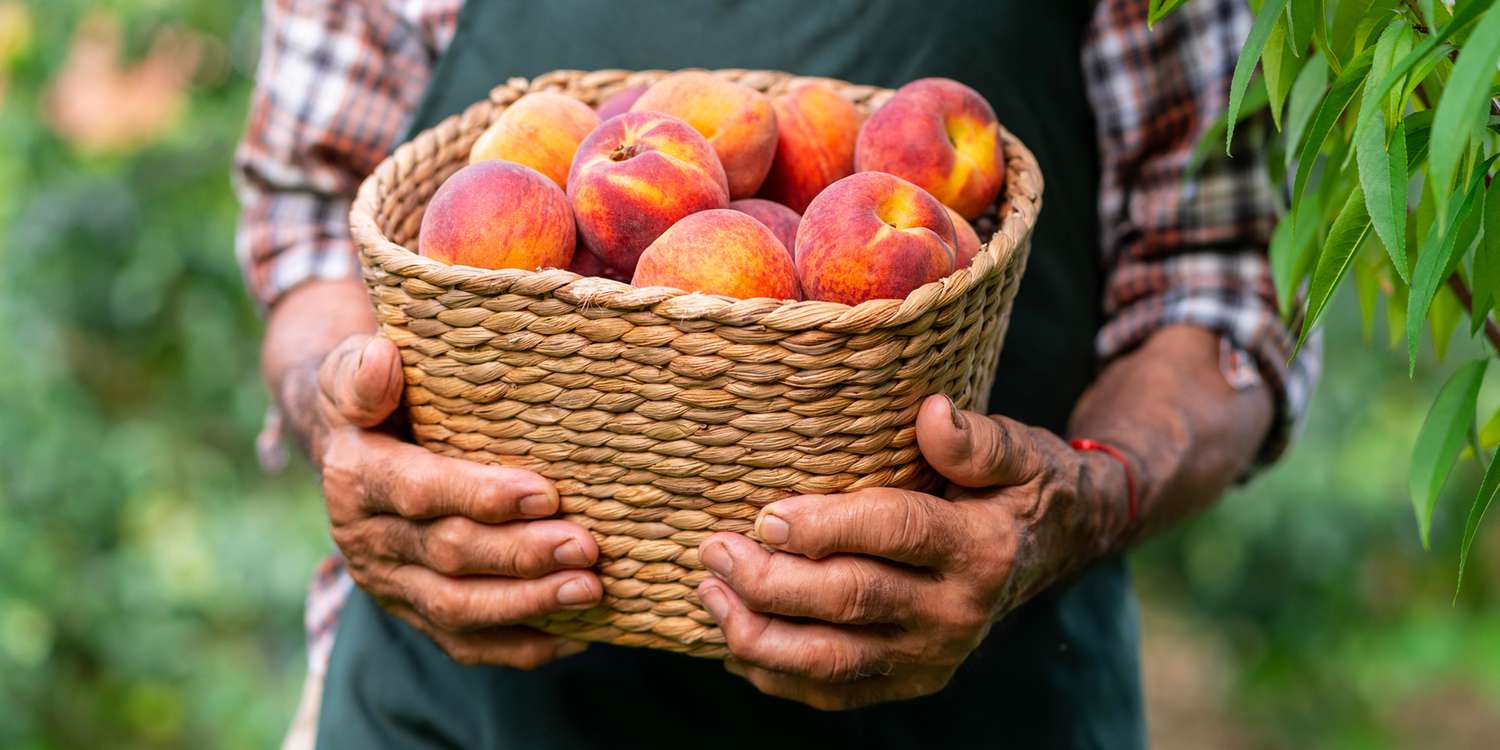

Articles
How To Store Peaches For Freshness
Modified: December 7, 2023
Learn how to store peaches to keep them fresh and juicy for longer with these helpful articles.
(Many of the links in this article redirect to a specific reviewed product. Your purchase of these products through affiliate links helps to generate commission for Storables.com, at no extra cost. Learn more)
Introduction
Peaches are a delicious and juicy fruit that many people enjoy during the summer months. Whether you have a bumper crop from your backyard tree or you picked up a big bag at the farmer’s market, learning how to store peaches properly is essential to maintain their freshness and flavor.
Improper storage can lead to peaches becoming overripe, mushy, or even moldy. To fully enjoy the sweetness and juiciness of peaches, it’s important to follow the right storage techniques. In this article, we will guide you through the steps of selecting, preparing, and storing peaches for optimal freshness.
So, if you’re ready to savor the taste of summer even after the season is over, let’s dive into the world of peach storage!
Key Takeaways:
- Properly storing peaches at the right temperature and handling them with care is crucial to maintain their freshness, flavor, and juiciness, allowing you to enjoy the delightful taste of peaches all year round.
- Whether you choose to store peaches at room temperature, in the refrigerator, or in the freezer, following the appropriate storage guidelines will help extend the shelf life of peaches and preserve their deliciousness beyond the peak season.
Read more: How To Store Fresh Peaches
Selecting and buying fresh peaches
When it comes to storing peaches, it’s crucial to start with high-quality fruit. Here are some tips for selecting and buying fresh peaches:
- Look for ripeness: Choose peaches that are slightly soft to the touch but not squishy. They should give a little when gently pressed. Avoid peaches that are green or have hard spots, as they may not ripen properly.
- Sniff for fragrance: The aroma of a ripe peach is sweet and fragrant. Take a whiff near the stem end to ensure that you’re selecting a ripe peach. If it smells slightly sweet and peachy, it’s a good sign.
- Inspect the color: A ripe peach will have a vibrant color. Look for peaches that have a rich golden or orange hue with a blush of red. However, the color alone is not a foolproof indicator of ripeness, so use other factors like scent and texture to make your final decision.
- Avoid bruises or blemishes: Check the peaches for any visible bruises, cuts, or blemishes. These can indicate damage and affect the overall quality of the fruit. Choose peaches that are smooth and unblemished.
- Consider the variety: Different peach varieties have different flavors and textures. Whether you prefer a clingstone or a freestone peach, a yellow or white-fleshed variety, or a sweet or tart taste, do a little research to find the variety that suits your preferences.
Once you’ve carefully selected your fresh peaches, it’s time to move on to the next step: preparing them for storage.
Preparing peaches for storage
Before storing your peaches, it’s important to prepare them properly to ensure their longevity and freshness. Here are some steps to follow when preparing peaches for storage:
- Wash the peaches: Rinse the peaches with cool water to remove any dirt or debris. Gently rub the surface of the fruit with your hands to clean it thoroughly. Avoid using any soap or detergent, as it can leave a residue and affect the taste of the peaches.
- Dry the peaches: After washing, pat the peaches dry with a clean towel. Excess moisture can promote the growth of mold or cause the peaches to spoil faster. Make sure the peaches are completely dry before moving on to the next step.
- Remove any bruised or damaged areas: Inspect the peaches closely and cut away any bruised, moldy, or damaged areas. These spots can quickly spread to the rest of the fruit and cause it to spoil. By removing them, you can prolong the freshness of the remaining peach.
- Handle the peaches gently: Peaches have delicate flesh, and rough handling can easily bruise or damage them. To prevent unnecessary bruising, handle the peaches with care when preparing them for storage. Also, avoid stacking heavy objects on top of them.
By following these preparation steps, you can ensure that your peaches are clean, dry, and free from any damaged areas, which will help maintain their freshness during storage.
Storing peaches at room temperature
If you plan to enjoy your peaches within a few days, storing them at room temperature is a great option. Here are some guidelines to follow when storing peaches at room temperature:
- Find a cool, well-ventilated area: Choose a location in your kitchen or pantry that is away from direct sunlight and heat sources. Optimal room temperature for storing peaches is around 68-72°F (20-22°C).
- Avoid storing near ethylene-producing fruits: Peaches are sensitive to ethylene gas, a natural ripening agent produced by some fruits like bananas and apples. Keep your peaches away from these fruits, as they can cause the peaches to ripen and spoil more quickly.
- Store peaches stem-side down: Place the peaches on a flat surface or in a shallow container with the stem-side down. This prevents moisture from collecting around the stem area, reducing the risk of rotting. Avoid stacking the peaches on top of each other to prevent bruising.
- Check the peaches daily: Inspect the peaches daily for any signs of ripeness or spoiling. Ripe peaches will become softer and more fragrant. If you notice any overly ripe or moldy peaches, remove them immediately to prevent the spread of spoilage.
Storing peaches at room temperature allows them to ripen naturally and develop their full flavor. However, keep in mind that peaches stored at room temperature will have a shorter shelf life compared to those stored in cooler environments.
If you’re not planning to consume the peaches within a few days, it’s recommended to consider other storage methods such as refrigeration or freezing, which we will discuss in the following sections.
Store peaches at room temperature until ripe, then refrigerate in a paper bag to slow ripening. Use within 3-5 days for best freshness.
Storing peaches in the refrigerator
If you want to extend the shelf life of your peaches, storing them in the refrigerator is a great option. The cool temperature helps slow down the ripening process and keeps the peaches fresh for a longer period. Here are the steps to store peaches in the refrigerator:
- Select ripe, but firm peaches: Choose peaches that are slightly soft to the touch but not overly ripe. Ripe peaches will continue to ripen when stored in the refrigerator, so it’s best to start with ones that are already at the desired level of ripeness.
- Place peaches in a breathable bag or container: Transfer the peaches to a clean, breathable bag or container. You can use a paper bag, perforated plastic bag, or a ventilated container specifically designed for storing fruits and vegetables. This allows for proper air circulation and helps prevent moisture buildup.
- Place the bag in the crisper drawer: Store the bag of peaches in the crisper drawer of your refrigerator. The crisper drawer provides a slightly higher humidity level, which helps keep the peaches from drying out.
- Keep peaches away from strong-smelling foods: Peaches can absorb odors from other foods, so it’s important to keep them away from strong-smelling items like onions or garlic. This will help maintain the delicate flavor and aroma of the peaches.
- Check and use within a week: Regularly check the peaches for any signs of spoilage, such as mold or significant softening. Consume the stored peaches within a week for the best taste and texture.
Storing peaches in the refrigerator is an excellent option if you want to prolong their freshness and enjoy them over an extended period. Just remember to check them regularly and use them before they become overly ripe or start to deteriorate.
Read more: How To Store Fresh Picked Peaches
Storing peaches in the freezer
If you have an abundance of peaches or want to enjoy their deliciousness even beyond the summer season, freezing them is a great way to preserve their freshness. Freezing peaches allows you to enjoy their flavor and nutritional benefits for months to come. Follow these steps to properly store peaches in the freezer:
- Choose ripe, but firm peaches: Select peaches that are ripe but still firm. Overly ripe peaches may become mushy when thawed.
- Wash and blanch the peaches: Start by washing the peaches thoroughly. Blanching is a process that helps preserve the flavor, color, and texture of fruits when frozen. Bring a pot of water to a boil and prepare an ice bath in a separate bowl. Score a small “X” on the bottom of each peach and carefully drop them into the boiling water for about 30 to 60 seconds. Then, transfer the peaches into the ice bath to cool rapidly.
- Peel and slice: Once the peaches have cooled, peel off the skins. The blanching process makes it easier to remove the skin. After peeling, cut the peaches in half, remove the pit, and slice them into desired sizes. You can choose to freeze them in halves, slices, or cubes.
- Pack and label: Place the sliced or halved peaches into freezer-safe bags or airtight containers. Remove as much air as possible from the bags to prevent freezer burn. Label each bag or container with the date of freezing for easy reference later on.
- Freeze the peaches: Lay the bags or containers flat in the freezer to allow for quick freezing. Once they are frozen solid, you can rearrange them to optimize space in your freezer.
- Use within 8-12 months: Frozen peaches can be stored in the freezer for 8-12 months. However, for the best quality, try to use them within the first 3-6 months.
Frozen peaches can be used in various recipes such as smoothies, pies, cobblers, and jams. They are also great for adding a burst of flavor to your morning oatmeal or yogurt. Just make sure to thaw the peaches in the refrigerator or briefly under cool water before using them.
Now that you know how to freeze peaches, you can enjoy their delightful taste even during the colder months, making them a versatile fruit that can be enjoyed year-round.
Tips for extending peach freshness
Proper storage techniques are essential for preserving the freshness of peaches. Here are some additional tips to help extend the shelf life of your peaches:
- Handle with care: Peaches are delicate fruits, so handle them gently to avoid bruising or damaging their flesh. Rough handling can lead to accelerated spoiling.
- Separate ripe and unripe peaches: If you have a mixture of ripe and unripe peaches, keep them separate. Ripe peaches emit more ethylene gas, which can cause nearby peaches to ripen faster. By keeping them apart, you can better control the ripening process.
- Consume or process overly ripe peaches: If you have peaches that are becoming overly ripe, it’s best to consume them or use them to make jams, sauces, or desserts. Overripe peaches are more susceptible to mold and spoilage.
- Consider canning or preserving: If you have a large quantity of peaches, consider canning or preserving them for long-term storage. Canning peaches in syrup or making peach preserves allows you to enjoy their flavor throughout the year.
- Don’t wash peaches before storage: While it’s important to wash peaches before consuming, avoid washing them before storage. Moisture can promote mold growth, so it’s best to keep peaches dry until you’re ready to use them.
- Store cut peaches properly: If you have leftover cut peaches, store them in an airtight container with a sprinkle of lemon juice to help prevent browning. Keep them in the refrigerator and consume them within a couple of days.
- Consider dehydrating: If you enjoy dried fruit, dehydrating peaches is a great way to preserve their flavors. Cut the peaches into thin slices and dehydrate them in a food dehydrator or low-temperature oven until they are chewy and slightly leathery.
By following these tips, you can maximize the freshness and lifespan of your peaches, ensuring that you can enjoy their deliciousness for as long as possible.
Conclusion
Storing peaches properly is essential to maintain their freshness, flavor, and juiciness. Whether you’re storing them at room temperature, in the refrigerator, or in the freezer, each method has its benefits and considerations. By following the appropriate storage guidelines, you can extend the shelf life of peaches and enjoy their deliciousness even beyond the peak season.
When selecting fresh peaches, look for ones that are slightly soft, fragrant, and free from bruises or blemishes. Preparing the peaches by washing, drying, and removing any damaged areas is crucial before storing them. Depending on your preference and timeline for consumption, you can choose to store peaches at room temperature, in the refrigerator, or by freezing them.
Storing peaches at room temperature allows them to ripen naturally, but they should be consumed within a few days. Refrigeration slows down the ripening process and keeps peaches fresh for a longer period. Freezing peaches is perfect for preserving their taste and texture, but proper blanching and packaging are essential to maintain their quality in the freezer.
Remember to handle peaches with care, separate ripe and unripe ones, and consider processing or canning overly ripe peaches. Additionally, keep in mind that proper storage extends to cut peaches and dehydrating options for longer shelf life and alternative ways to enjoy this delightful fruit.
By following these tips and techniques, you can savor the sweet, juicy flavors of peaches long after their initial harvest. So, whether you enjoy them fresh, frozen, or preserved, make the most of the peach season and have a delightful supply of peaches all year round!
Frequently Asked Questions about How To Store Peaches For Freshness
Was this page helpful?
At Storables.com, we guarantee accurate and reliable information. Our content, validated by Expert Board Contributors, is crafted following stringent Editorial Policies. We're committed to providing you with well-researched, expert-backed insights for all your informational needs.
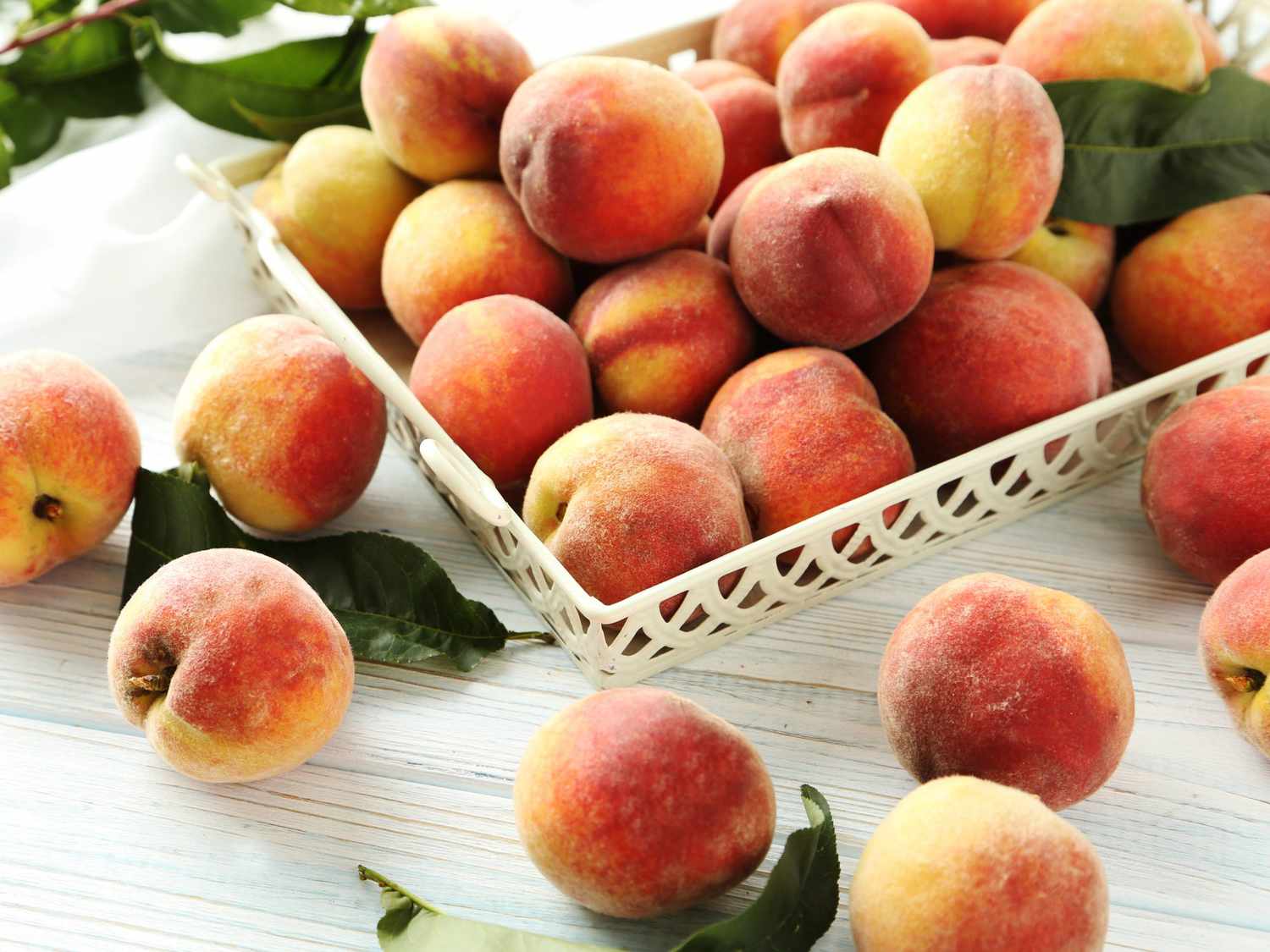
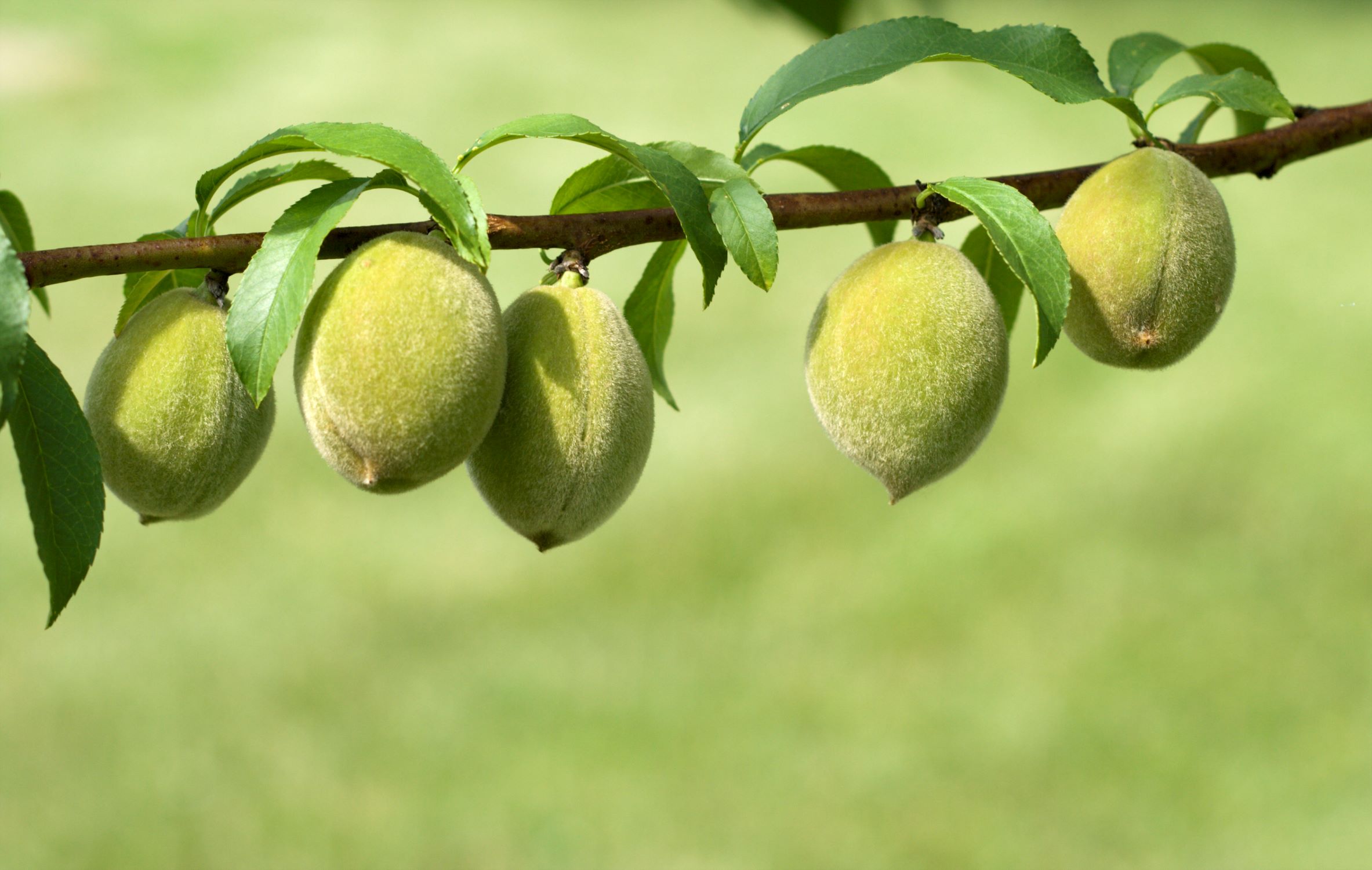
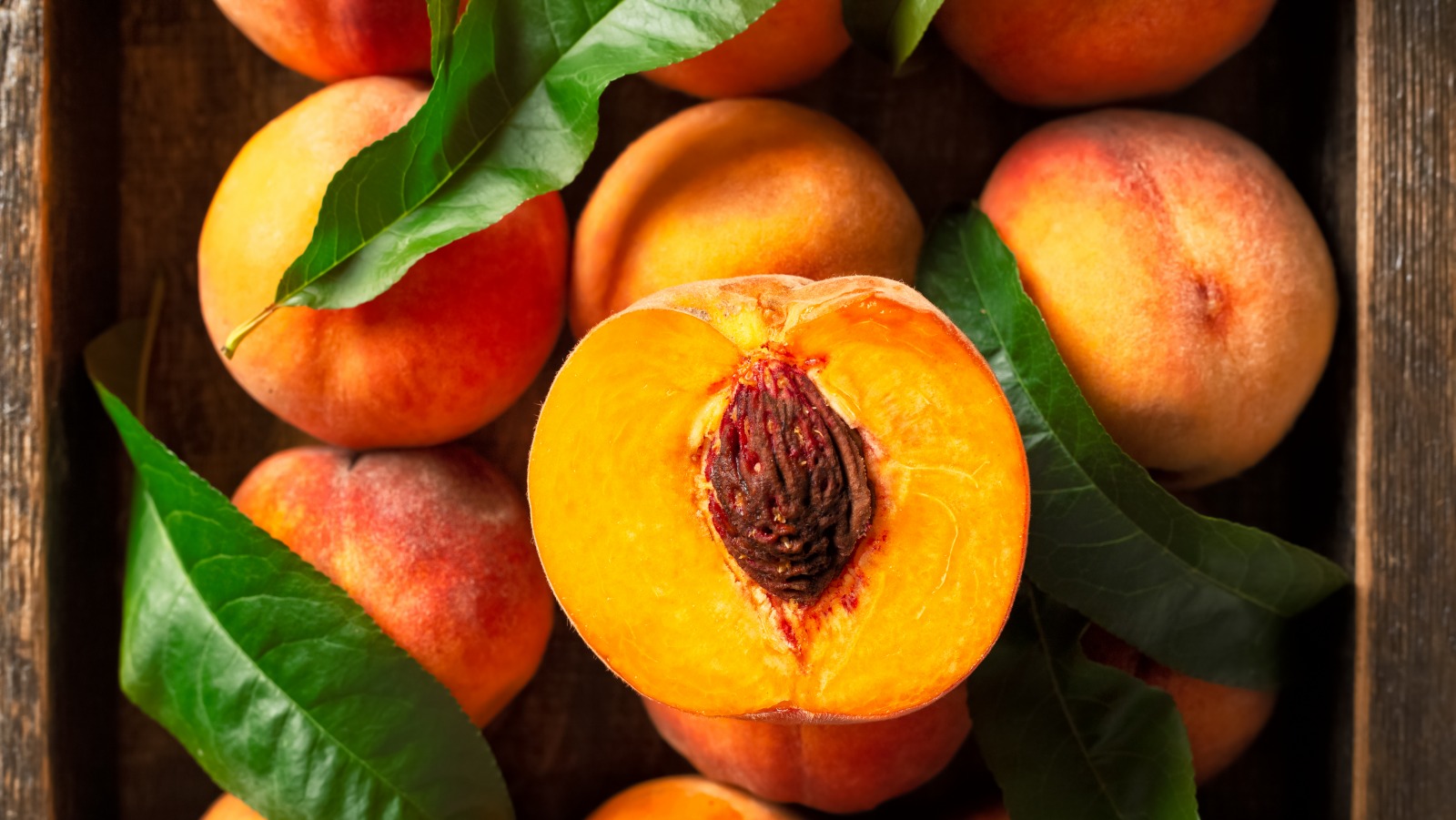
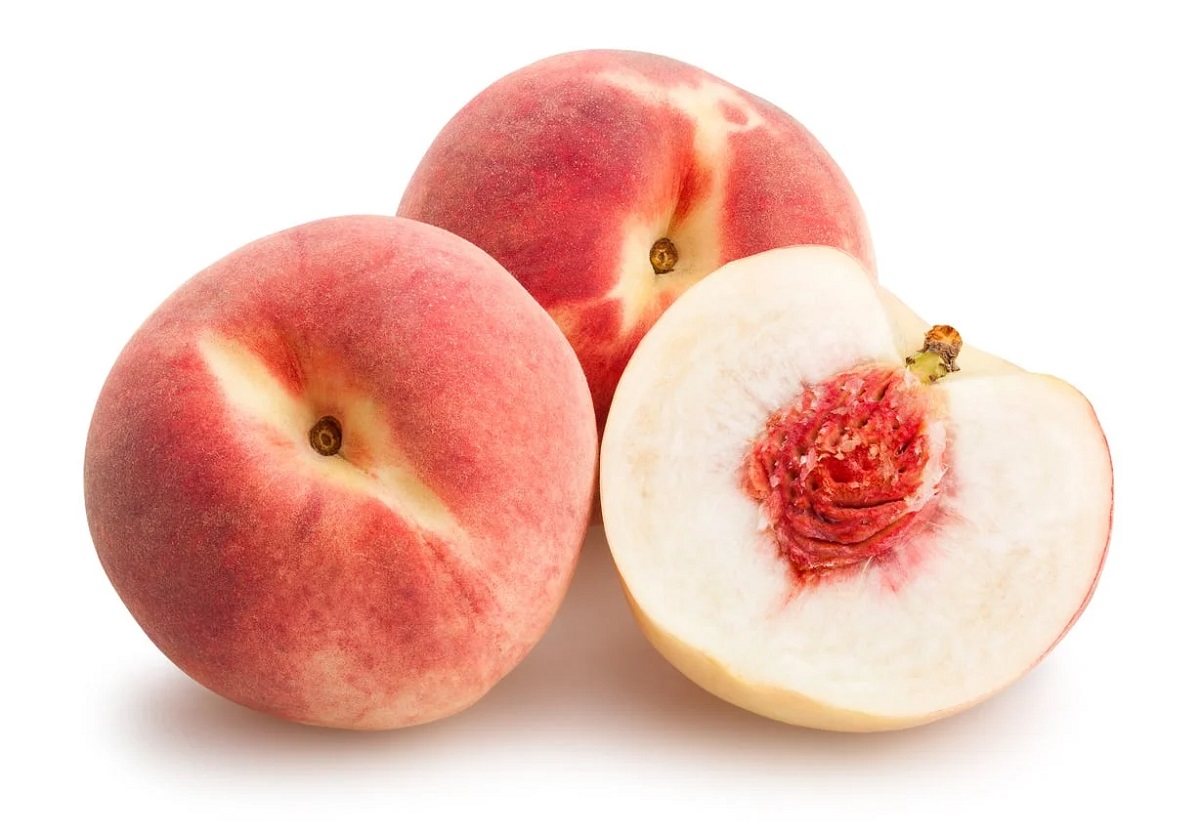
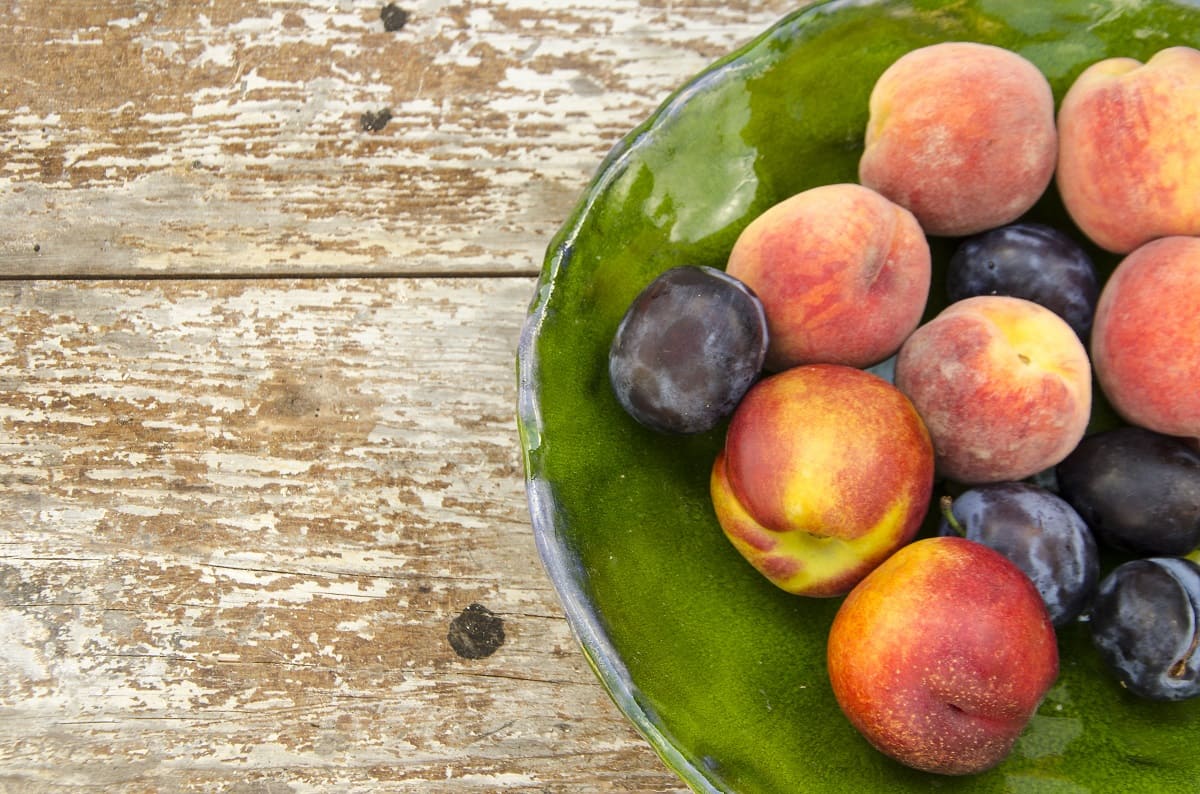
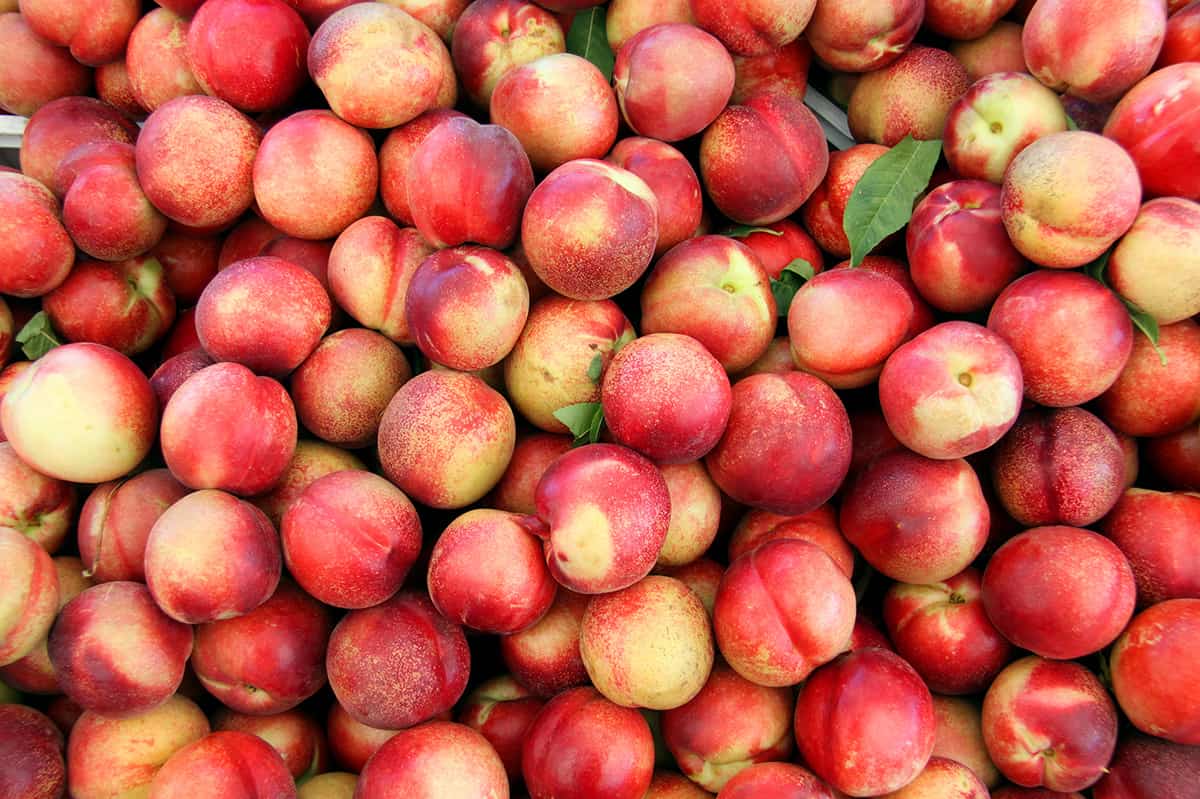
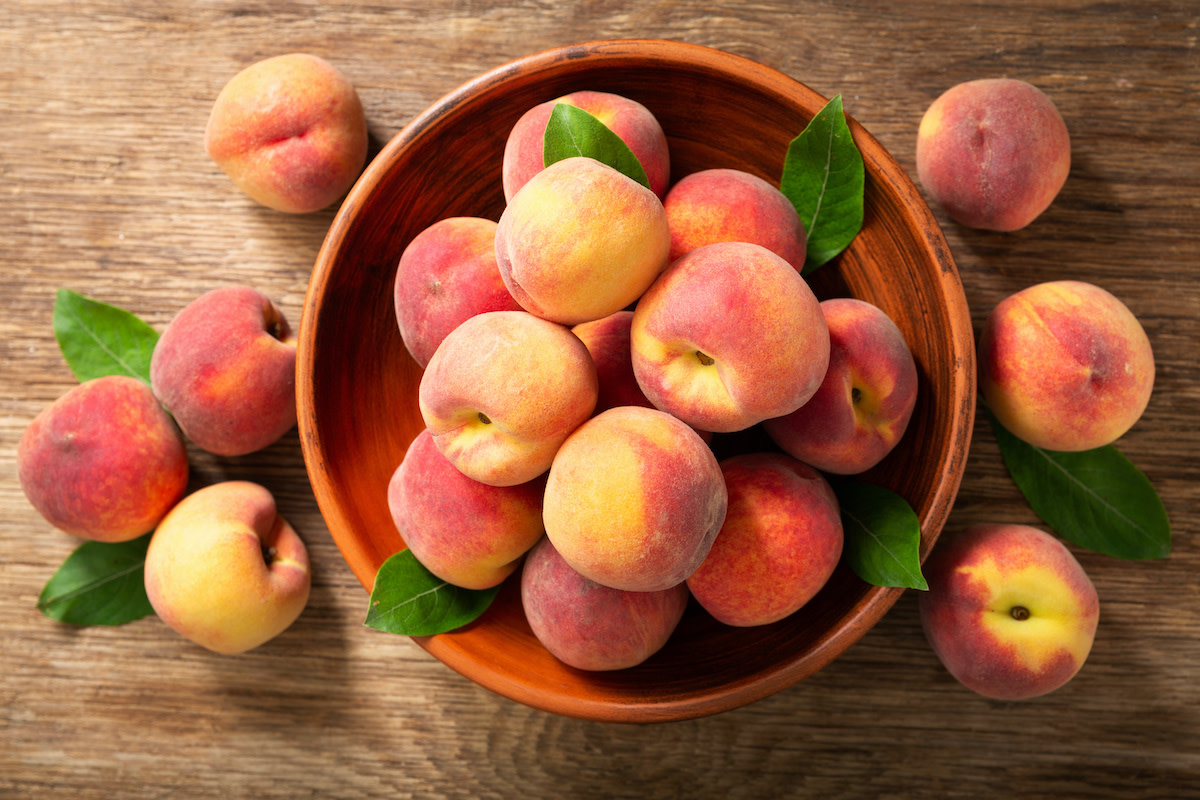
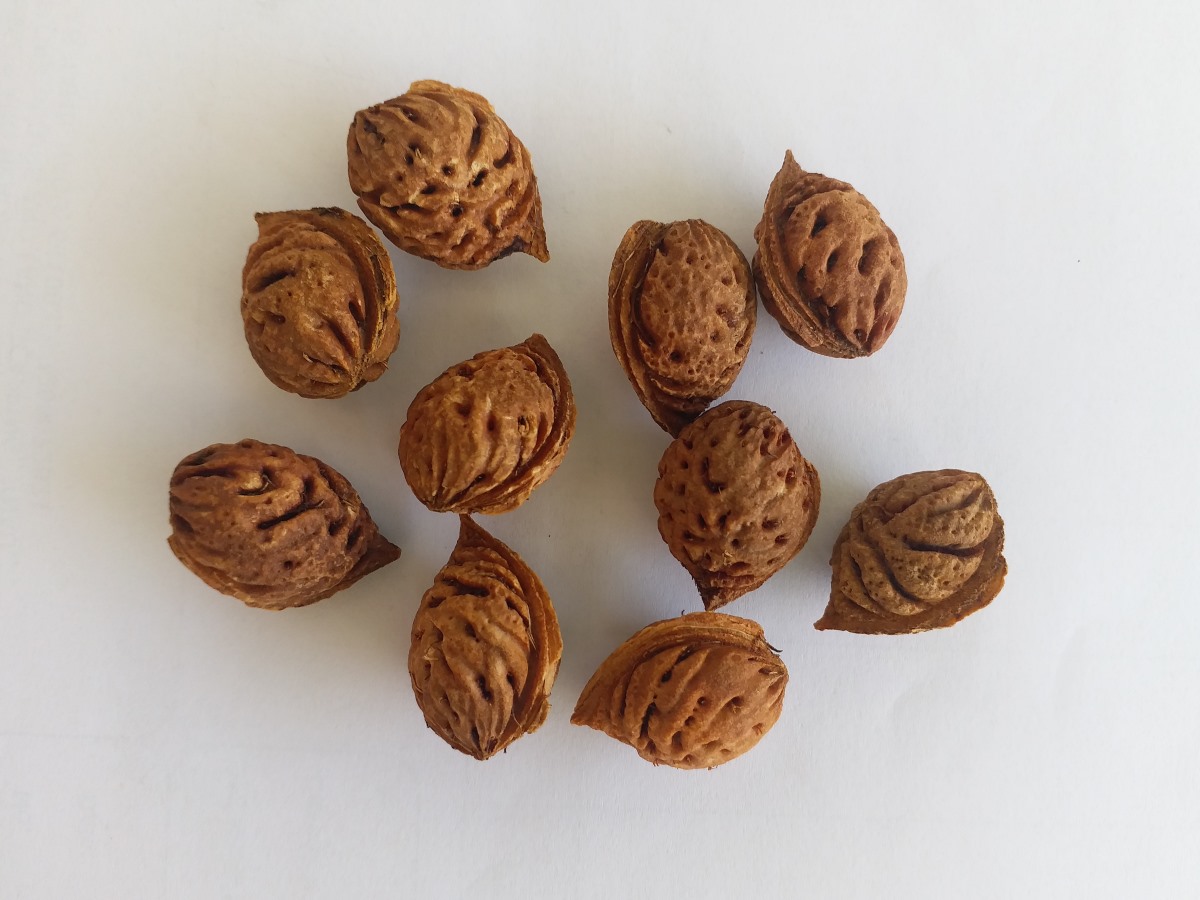
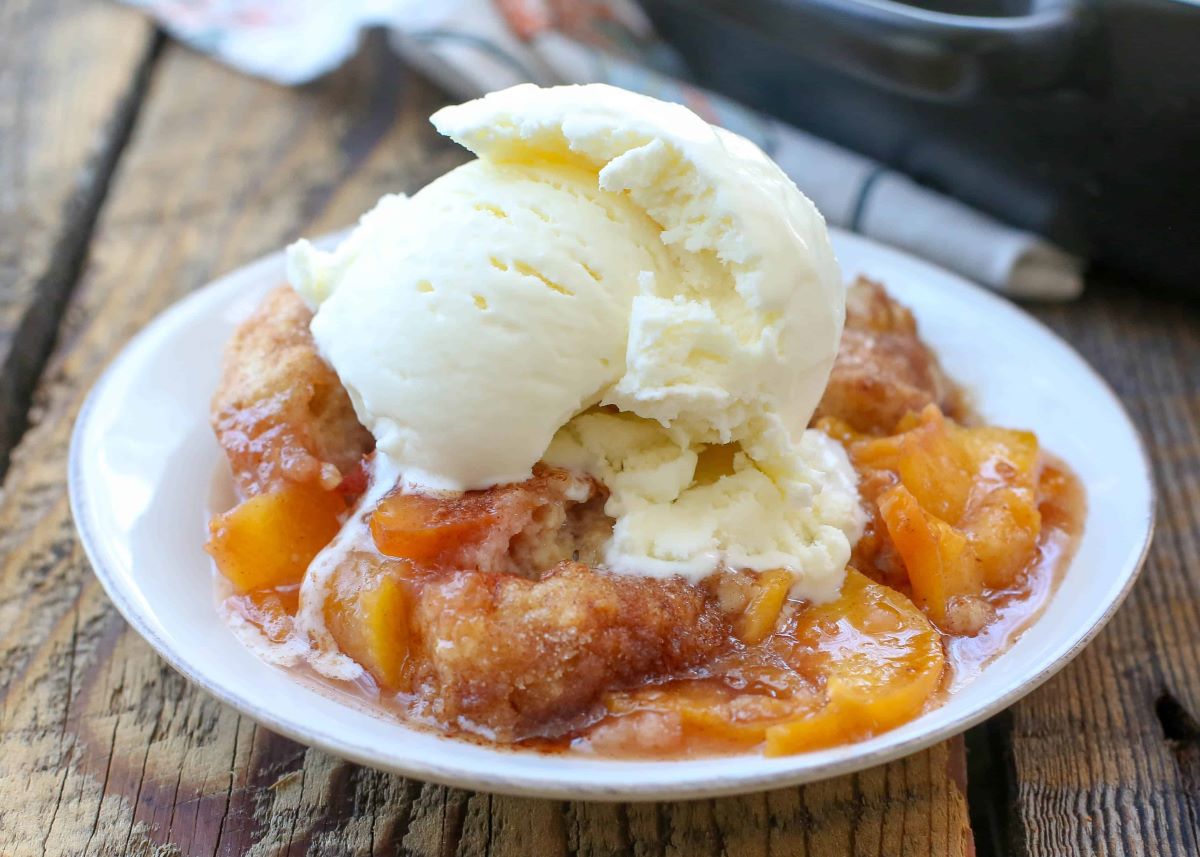
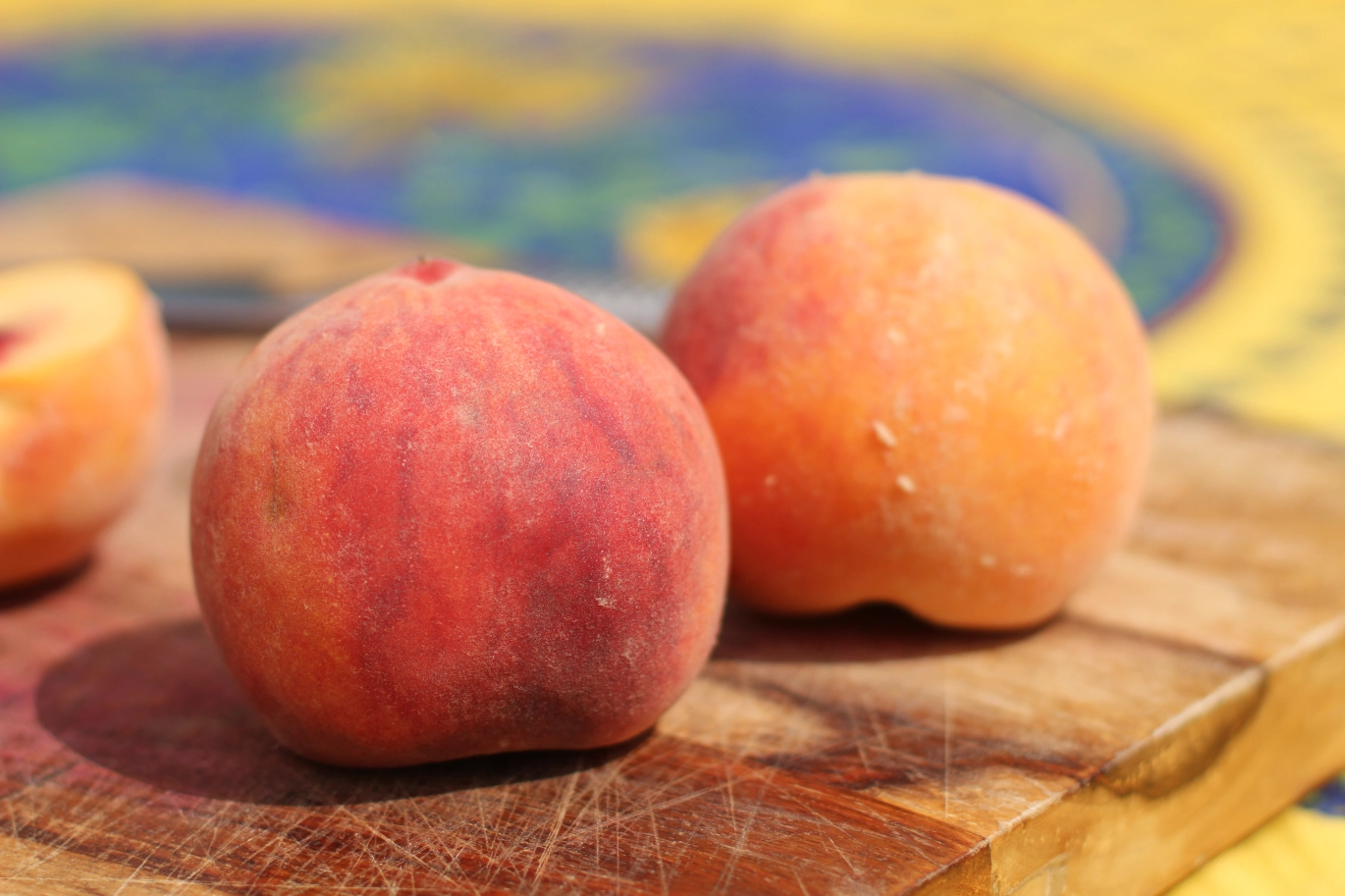



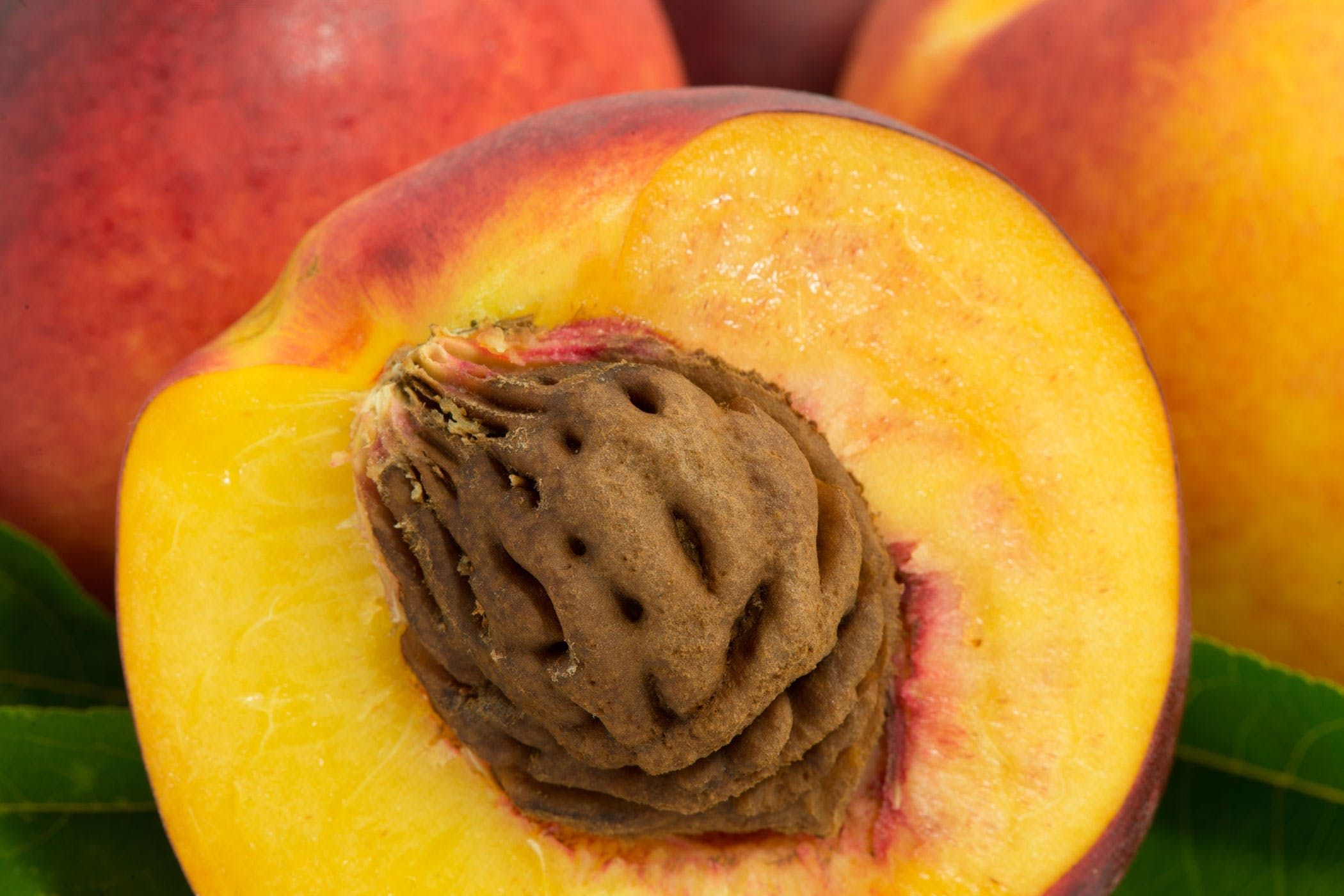

0 thoughts on “How To Store Peaches For Freshness”